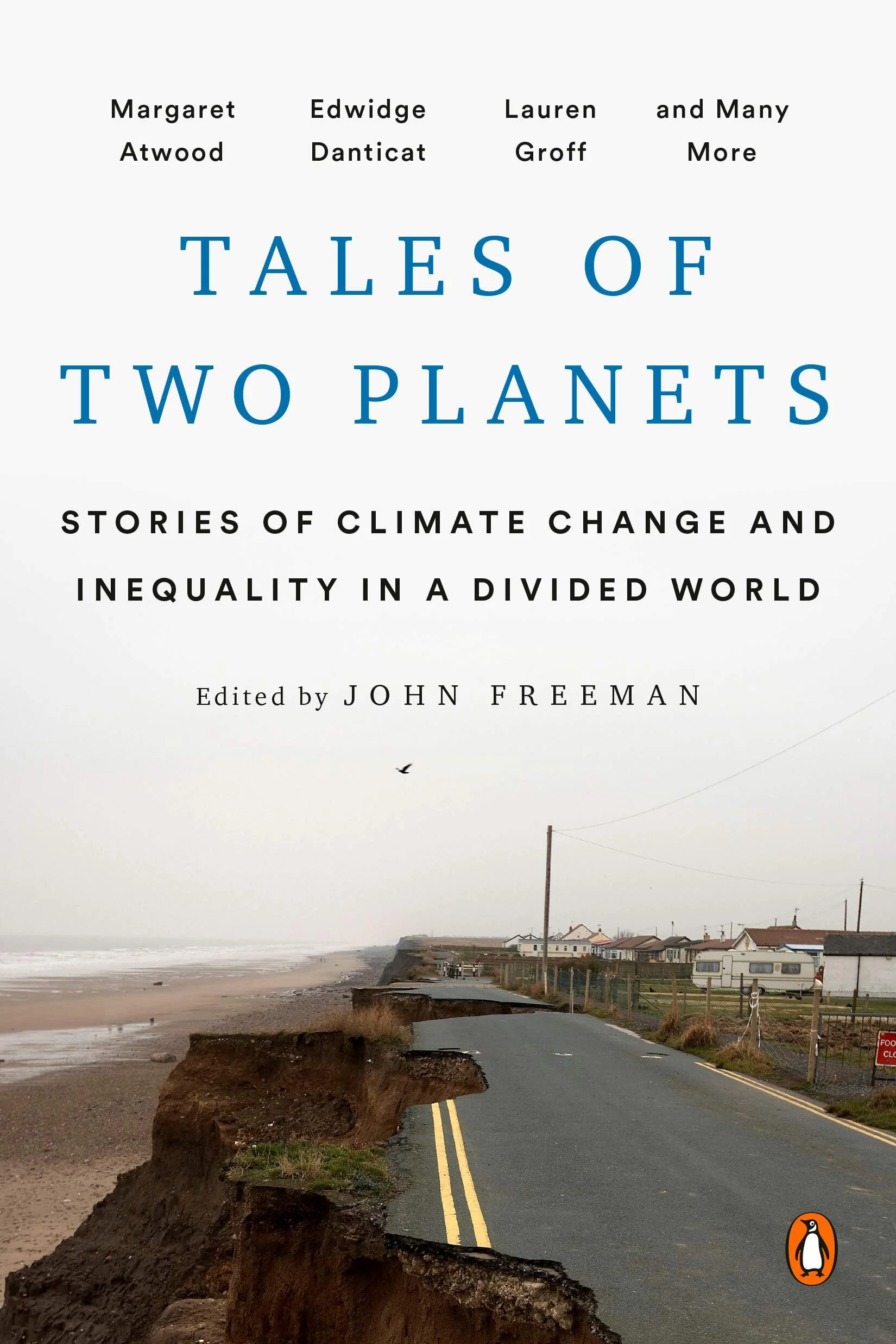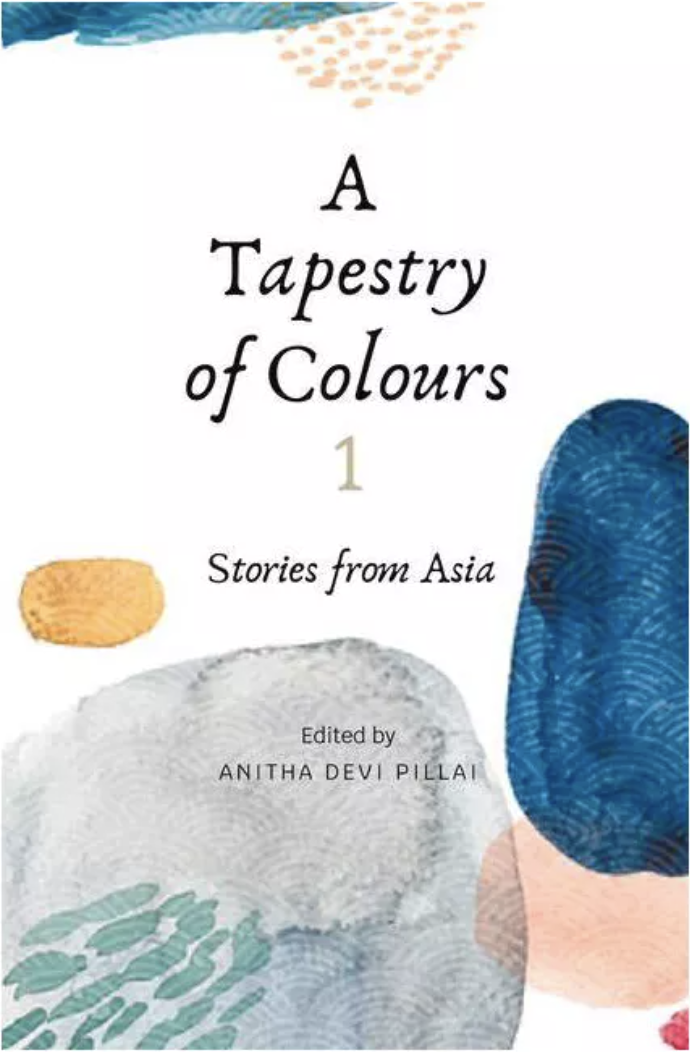The epic novel Beauty Is a Wound combines history, satire, family tragedy, legend, humor, and romance in a sweeping polyphony.
The beautiful Indo prostitute Dewi Ayu and her four daughters are beset by incest, murder, bestiality, rape, insanity, monstrosity, and the often vengeful undead. Kurniawan’s gleefully grotesque hyperbole functions as a scathing critique of his young nation’s troubled past: the rapacious offhand greed of colonialism; the chaotic struggle for independence; the 1965 mass murders of perhaps a million “Communists,” followed by three decades of Suharto’s despotic rule.
Beauty Is a Wound astonishes from its opening line: One afternoon on a weekend in March, Dewi Ayu rose from her grave after being dead for twenty-one years… . Drawing on local sources—folk tales and the all-night shadow puppet plays, with their bawdy wit and epic scope—and inspired by Melville and Gogol, Kurniawan’s distinctive voice brings something luscious yet astringent to contemporary literature.
Author Info
Eka Kurniawan was born in Tasikmalaya, Indonesia, in 1975. He studied philosophy at Gadjah Mada University, Yogyakarta, and is the author of novels, short stories, essays, movie scripts, and graphic novels. His novel Man Tiger was longlisted for the Man Booker International Prize 2016, and his work has been translated into thirty-four languages. His epic novel of magical realism, Beauty is a Wound, described as a “howling masterpiece” by Chigozie Obioma in the Millions, has been widely praised internationally. The New York Review of Books considers Kurniawan “a literary child of Günter Grass, Gabriel García Márquez, and Salman Rushdie,” and Le Monde has suggested that in the future, Nobel jurors may award him the prize “that Indonesia has never received.”
Brash, worldly and wickedly funny, Eka Kurniawan may be South-East Asia’s most ambitious writer in a generation.
—The Economist
One of the most exciting fiction writers in Indonesia.
—The Sun
An unforgettable, all-encompassing epic of Indonesian history, magic, and murder. Indeed, the combination of magic, lore, and pivotal events reverberating through generations will prompt readers to draw parallels between Kurniawan’s Halimunda and García Márquez’s Macondo. But Kurniawan’s characters are all destined for despair and sorrow, and the result is a darker and more challenging read than One Hundred Years of Solitude. An astounding, momentous book.
—Publishers Weekly (starred review)
“Kurniawan’s American debut came with Annie Tucker’s translation, which holds intact the song of Kurniawan’s prose, as well as that of the Indonesian language.”
—Electric Literature
“American literature has been missing Kurniawan, without even being aware, until now, of our loss—a situation that Annie Tucker’s dauntless translation, in particular, has helped to remedy.”
—Bookforum
“Gracefully translated by Annie Tucker, the writing is evocative and muscular, with particularly spicy descriptions and some good wry humor.”
—The New York Times
“A vivacious translation of a comic but emotionally powerful Indonesian novel”
—PEN America























